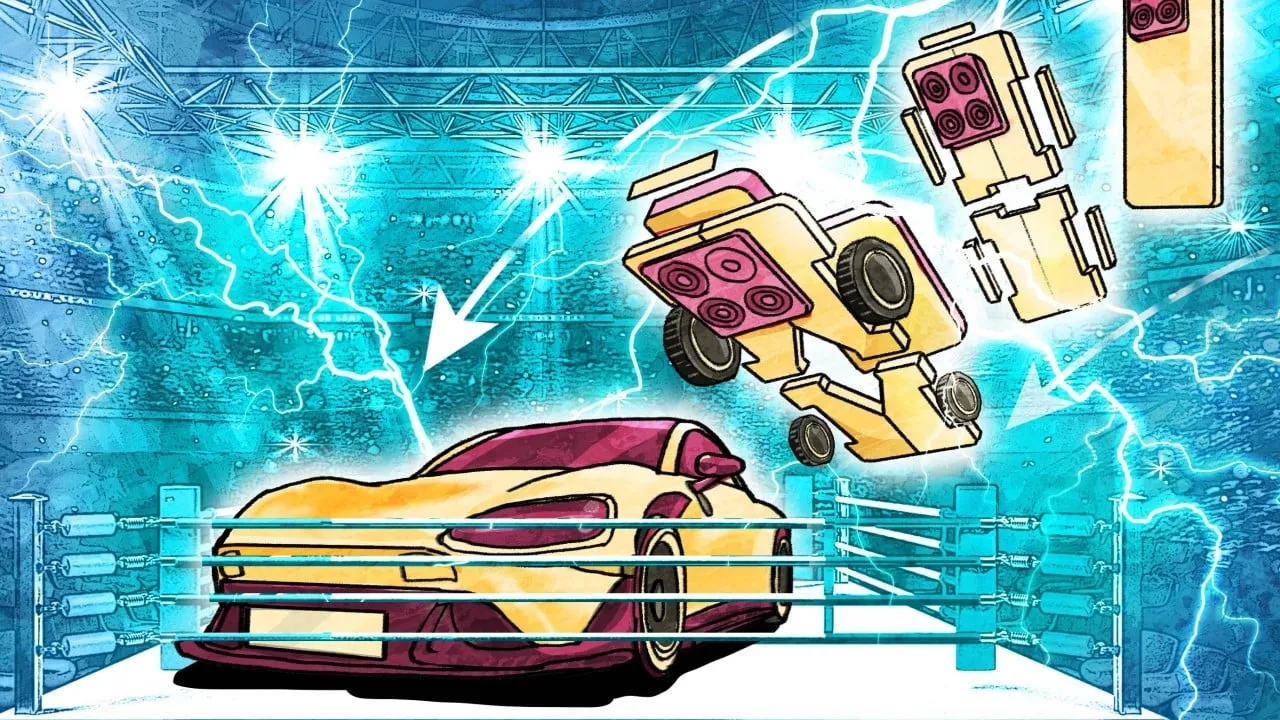Ford Motor and Tesla's Autonomous Driving: Navigating Chinese Consumers in the EV Market

Transformers: The Rise of Smartphone Makers in China’s EV Arena
Thanks to an advanced supply chain, companies with no history of making cars are challenging for supremacy in China’s EV market. “Huawei and Xiaomi, whose blockbuster smartphones are a commercial success in the domestic market, have reported sizzling EV sales, as their loyal customers also have faith in their cars,” said Phate Zhang, founder of CnEVPost.
The US and EU’s Stance on China’s Green Tech
While the United States, Canada, and European Union have slapped hefty tariffs on Chinese electric vehicles (EVs) in the name of national security or combating excessive state subsidies, Australia has remained open to Chinese-made EVs and other products aiding in its green transition.
Tesla and Consumer Preferences
Tesla retained its top position as the world’s largest seller of pure EVs in the third quarter, though its China outlook is complicated by consumer preferences for hybrid cars and competition from challengers like BYD and Xiaomi.
Hong Kong’s EV Transition Efforts
Hong Kong’s commitment to building more EV charging facilities has drawn skepticism from some car owners calling for more access to chargers, while a lawmaker has urged the government to provide detailed plans to enhance infrastructure.
Illegal Mapping Accusations in China
Chinese authorities have accused an unnamed foreign company of illegal mapping activities under the guise of intelligent driving research, triggering denials from several smart driving and electric vehicle (EV) firms, including Tesla, Mobileye, Geely, Didi Chuxing, and Navinfo.
Chinese Consumers Spoiled for Choice
China’s EV makers are “an existential threat” to America’s car industry, according to Ford Motor CEO Jim Farley. Extended range, autonomous driving, sofas, and refrigerators are among the features that BYD, Li Auto, Xpeng, Geely, Nio, and others offer to attract consumers.
Tesla’s Autonomous Driving Roll-Out Challenges
Tesla’s plan to roll out its advanced driver-assistance package in China may face delays due to issues around mapping and data security, according to local media. While state media reported Tesla has government support to trial some self-driving features, no full self-driving systems have been approved yet.
This article was prepared using information from open sources in accordance with the principles of Ethical Policy. The editorial team is not responsible for absolute accuracy, as it relies on data from the sources referenced.